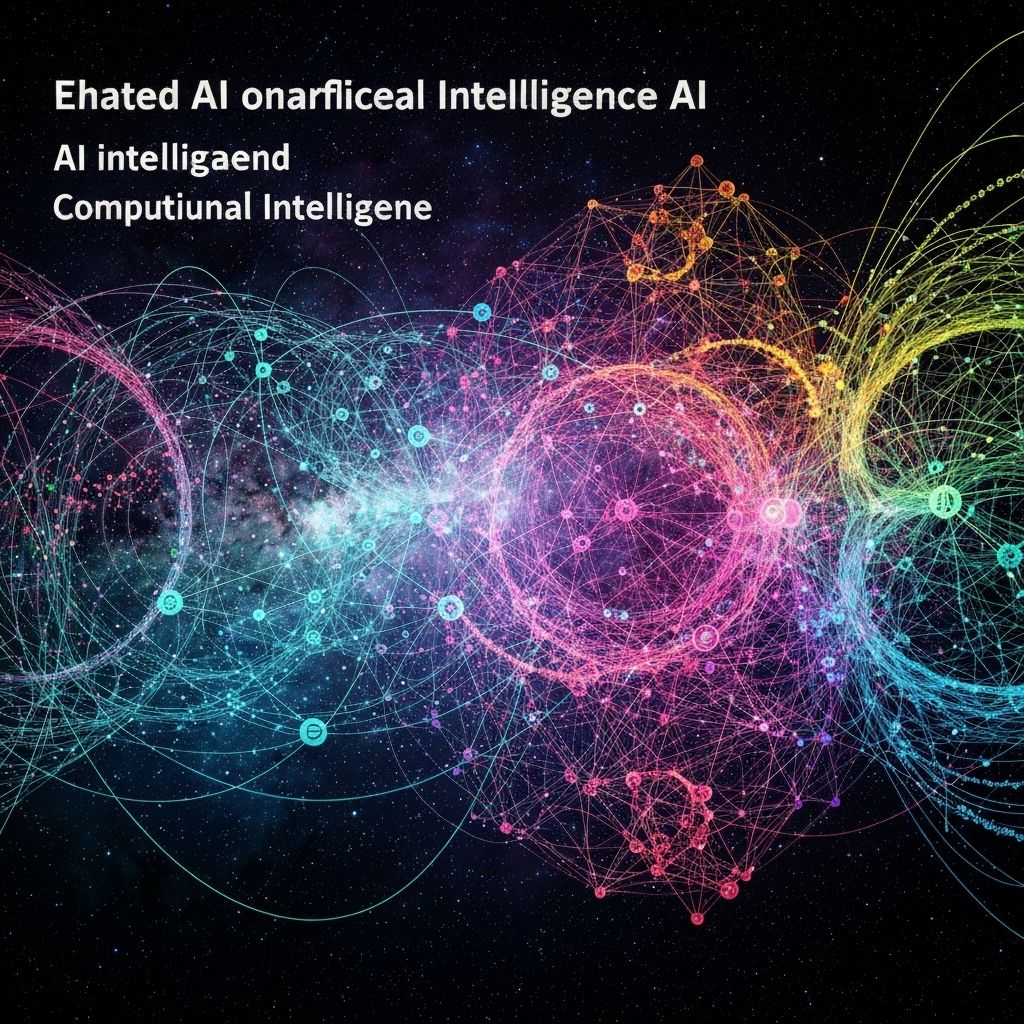The Future of AI in Healthcare: Transforming Patient Care Through Intelligent Systems

Artificial Intelligence is revolutionizing healthcare at an unprecedented pace, transforming how we diagnose, treat, and prevent diseases. As we stand at the intersection of technology and medicine, the possibilities for improving patient outcomes have never been more promising.
The Current State of AI in Healthcare
Today's healthcare AI applications span across multiple domains, from diagnostic imaging to drug discovery. Machine learning algorithms can now detect diseases in medical images with accuracy that often surpasses human specialists. For instance, AI systems can identify diabetic retinopathy in eye scans, detect skin cancer in dermatological images, and spot early signs of Alzheimer's disease in brain scans.
Precision Medicine and Personalized Treatment
One of the most exciting developments is the emergence of precision medicine powered by AI. By analyzing vast amounts of patient data, including genetic information, lifestyle factors, and medical history, AI systems can recommend personalized treatment plans that are tailored to individual patients.
This approach has shown remarkable results in oncology, where AI helps oncologists select the most effective cancer treatments based on the specific genetic makeup of both the patient and the tumor. The result is more effective treatments with fewer side effects.
Predictive Analytics and Preventive Care
AI's ability to process and analyze large datasets makes it invaluable for predictive healthcare. By identifying patterns in patient data, AI systems can predict health risks before symptoms appear, enabling preventive interventions that can save lives and reduce healthcare costs.
For example, AI algorithms can analyze electronic health records to identify patients at risk of developing sepsis, allowing healthcare providers to intervene early when treatment is most effective.
Challenges and Ethical Considerations
Despite the tremendous potential, the integration of AI in healthcare faces several challenges. Data privacy and security are paramount concerns, as healthcare AI systems require access to sensitive patient information. Additionally, ensuring AI systems are free from bias and provide equitable care across all patient populations is crucial.
Regulatory frameworks are still evolving to keep pace with AI innovations, and healthcare providers need proper training to effectively integrate AI tools into their practice.
The Road Ahead
The future of AI in healthcare is bright, with emerging technologies like quantum computing promising to further accelerate medical breakthroughs. As AI systems become more sophisticated and accessible, we can expect to see even more innovative applications that will transform patient care.
At Arivara, we're committed to developing AI solutions that not only advance medical science but also ensure that these technologies are accessible, ethical, and beneficial for all patients. The future of healthcare is intelligent, and we're proud to be part of this transformation.
Dr. Meera Reddy
Leading expert in healthcare ai with over 15 years of experience in developing innovative solutions that transform industries. Passionate about leveraging technology to solve complex challenges and improve human lives through cutting-edge research and development.
Continue Your Research Journey
Explore more breakthrough research and discoveries in related fields


